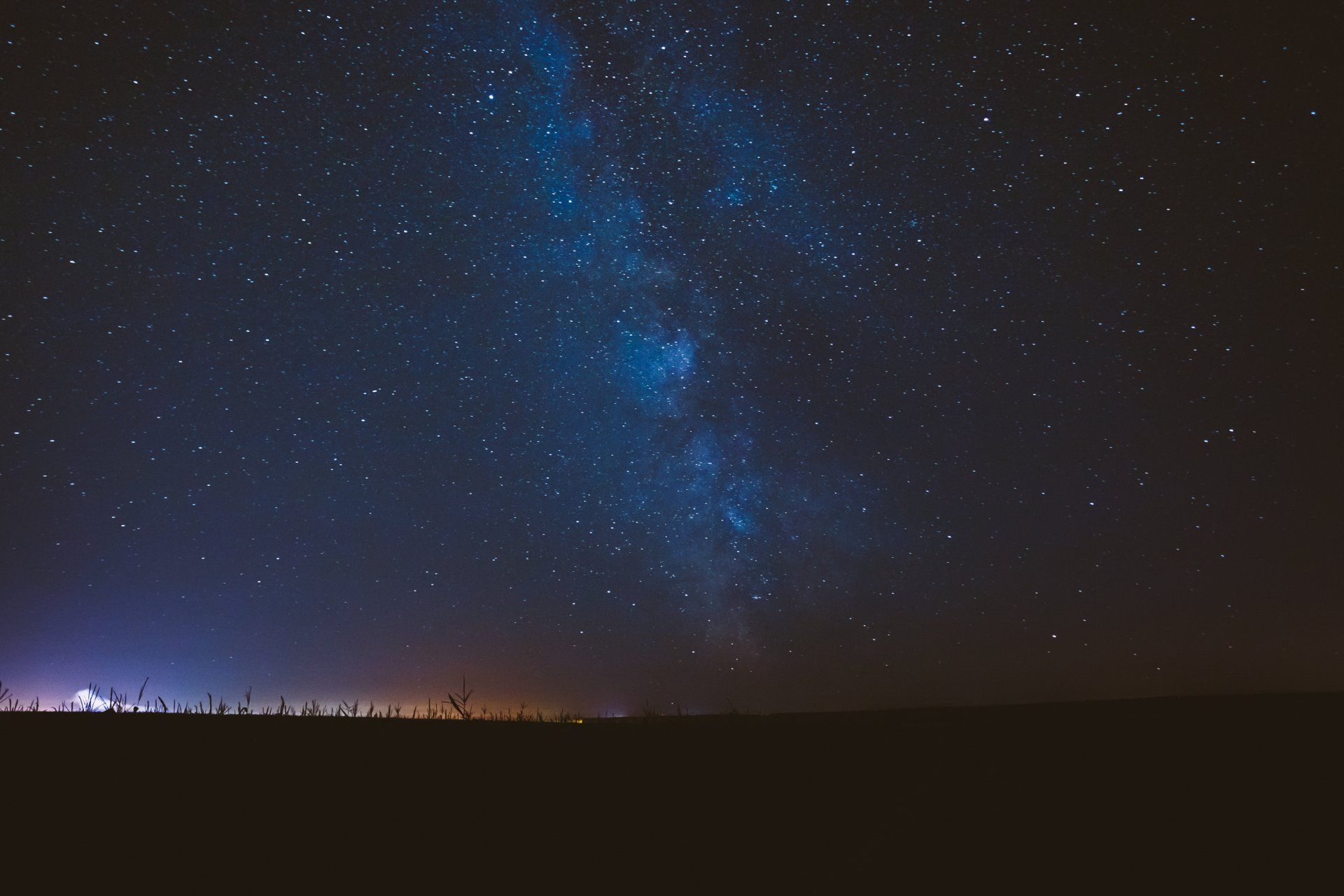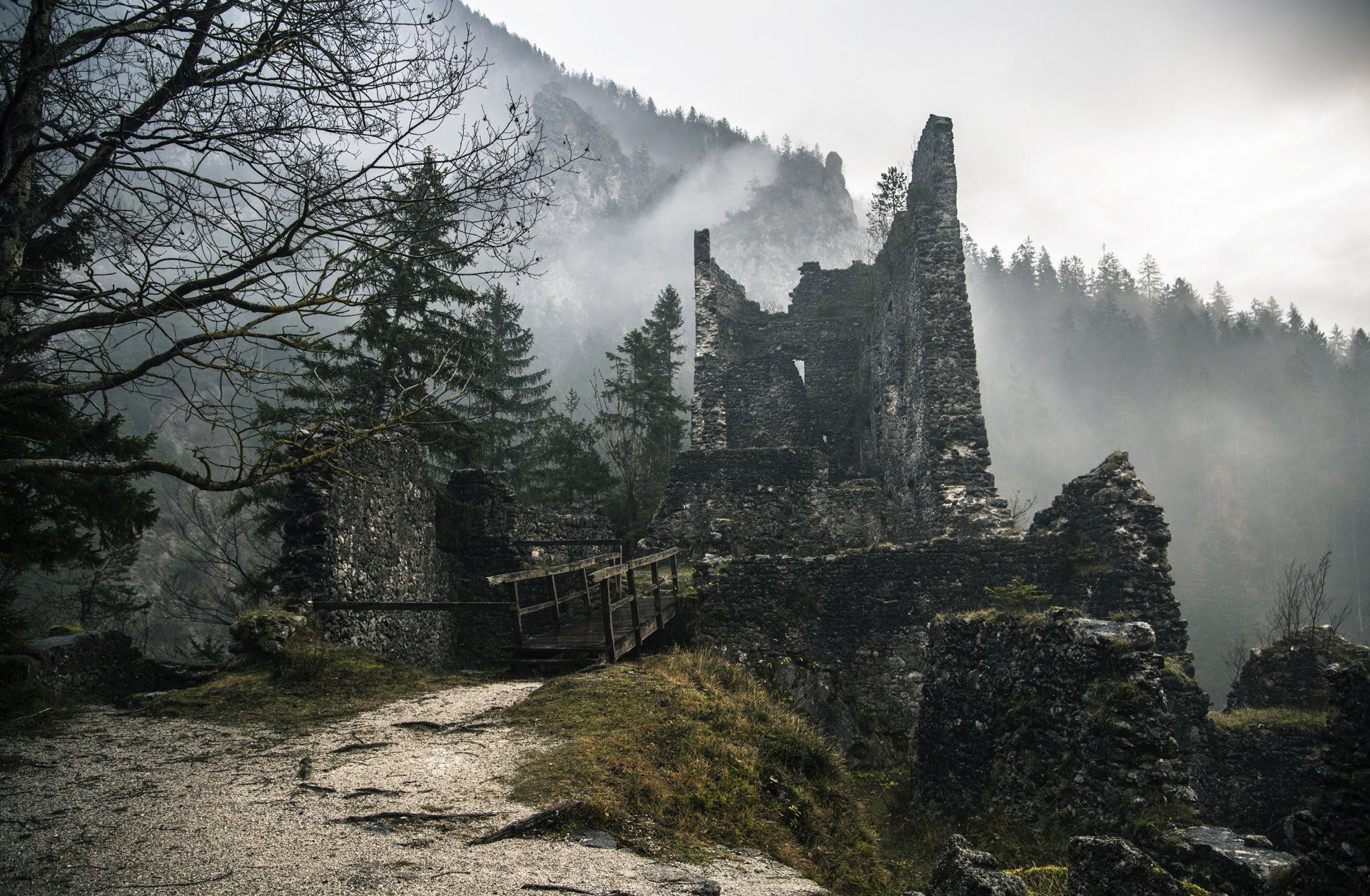IN THE CHURCH, BUT NOT OF THE CHURCH (IV)
Brian Harris • August 26, 2021
GOD ON THE OUTSIDE...
So, what might a churchless faith look like?
In my Masters research I explored something called the “Sacramental Imagination” which simply describes a mode of spiritual engagement that sees the divine fingerprint in the ordinary, everyday experiences of life. It’s the simple idea that, whilst there are certain prescriptive ‘sacraments’ that the church has partaken in throughout its history (baptism, marriage and communion as examples) there are many other things capable of being sacramental, or sacred.
Celtic theology has a tradition which many authors in recent years have picked up on, the idea of thin spaces. A thin space is a space or place where the membrane between heaven and earth feels thinner, less distant, and we can experience God more easily, and in more powerful ways.
Have you ever sat overlooking the ocean and felt a sense of divine presence? For me it’s the forest – whenever I’m surrounded by trees, and rivers, and campfires, I feel so much more connected to God, and to myself.
Church is more than capable of offering a space of divine encounter, but it is not the only place where we can meet God. So for those that are ‘in the church but not of the church’ what might spirituality look like?
1. God in NatureWe’ve already mentioned it, but the world God created offers a powerful point of divine connection, or sacramentality. Richard Rohr describes creation as “the first bible” – as it was humanities very first revelation of the goodness and power of God. There is something ubiquitously transcendent about observing the inherent beauty of the world in which we live. It’s like a short-cut to experiencing God in a deep and powerful way.2. God in CommunityA common misconception that people have when thinking about ‘churchless faith’ is that it means people exist outside of community. For some, church is the community they need – without it they would be alone. For others however, there are multiple community structures surrounding them. Family, friends, social clubs or footy teams. While none of these might claim the same spiritual status as a church, they still bear the same human connections we long for; friendship, companionship, a longing to be understood and to participate in the world. They make us feel less alone, and they can remind us of the inherent goodness in each other.3. God in CultureWhilst many churches posit a rather tenuous view of “culture” or “the world,” others have learned, quite naturally, to see God at work in the world around them. People often find the diversity of modern life quite refreshing, and it teaches us that whilst finding a tribe of people that all share our values is important, so is existing in a world where those thoughts and values are challenged, stretched and even moulded. Different people and cultures have much to teach us, if we are open to learn. As the (cheesy, yet still true) saying goes: we don't need to agree together, to be together.4. God in BeautyWe find beauty in nature, but we can also find it in so many other things. Art, literature, movies, feats of creativity or ingenuity. I’ve always been keen on theologically analysing the latest TV shows, or reading a book with one eye on the quasi-spiritual overtones. If we genuinely believe that God works in and through all things then it shouldn’t be surprising that we see the divine fingerprint at work in curious and surprising ways every time a person sets their mind to creating something beautiful. As Alain de Botton said in The Architecture of Happiness: “it is books, poems, and paintings which often give us the confidence to take seriously feelings in ourselves that we might otherwise never have thought to acknowledge.”
Of course, there are many other ways to engage with God, and with faith outside the walls of a church, but these are a few common shared experiences. None of this detracts in any way from what a church can offer the world – but it does counter the idea that ‘without church, we are unable to experience God,’ which some have suggested.
God is everywhere. As we lift up our eyes, we might be surprised by what we see.

Sometimes, we categorise people out of Gods kingdom because they don’t meet the brief, they don’t fit our preconceived ideas and expectations. So, this Christmas, when I put my nativity in pride of place to celebrate “the King has Come”, I am reminded that a King didn’t come, at least not in the eyes of all those waiting on one. The nativity was the ultimate Kris Kringle (maybe the first!), where we quite simply don’t know what to expect and should always be prepared for a surprise, but it will be a gift.

St John of the Cross wrote: “If a man wishes to be sure of the road he treads on, he must close his eyes and walk in the dark.” When we can’t see, and can’t make any sense of things, keeping on can be the deepest form of trust. It can serve a profound purpose, for the dark night of the soul is sometimes the space between who we have been and who we will become.

